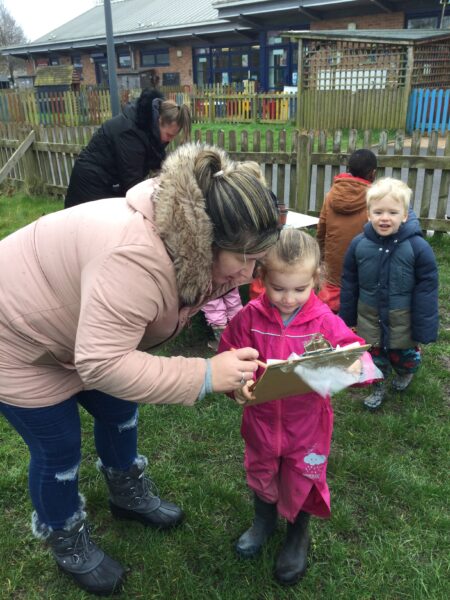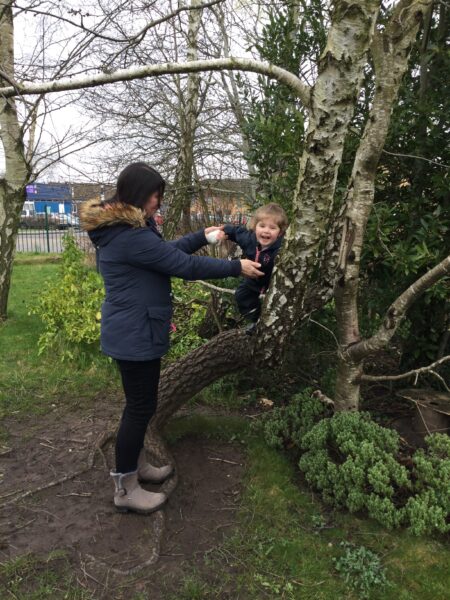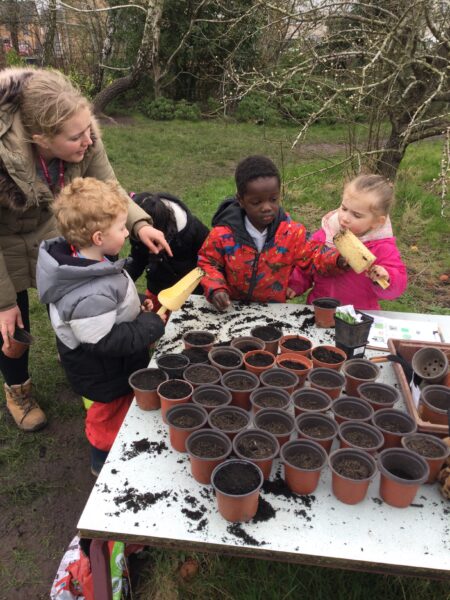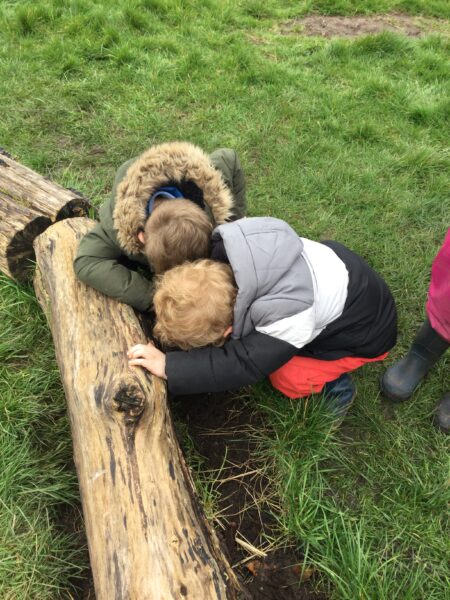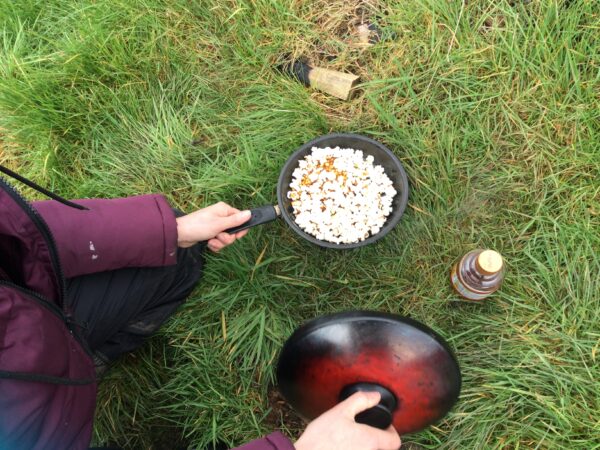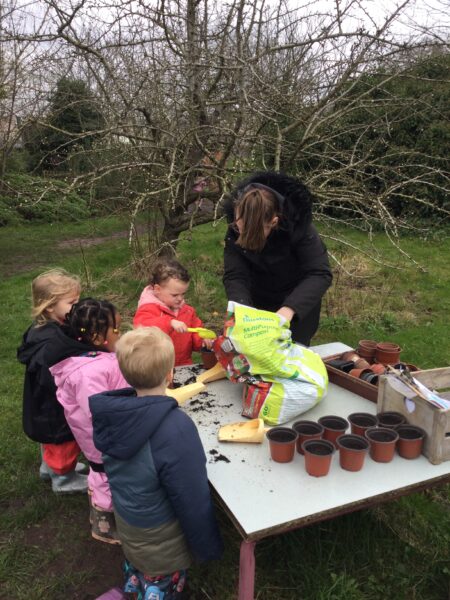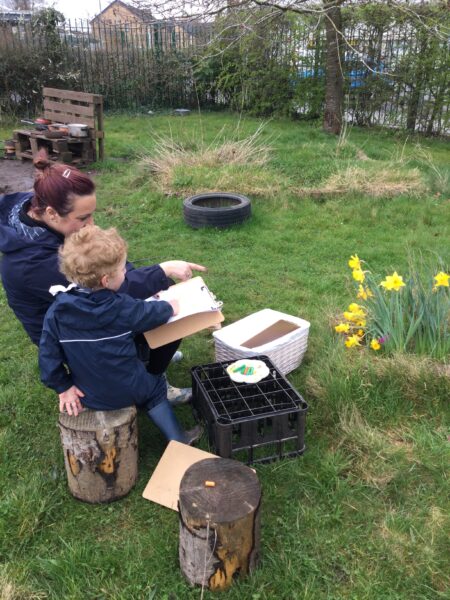In the Early Years we pride ourselves on developing curious thinkers who notice features of the world around them. This week we have celebrated British Science week and invited our parents in to join in with our learning about the season of spring.
Curriculum topics are chosen by staff based on children’s interests, cultural capital and the knowledge we believe is fundamental to later learning. Children are taught pre-requisite knowledge for the key threads in the National Curriculum of Animals including Humans, Plants, Materials and Seasons.
We provide active, memorable learning experiences and children have ample opportunities to be immersed in the natural world. Through weekly forest school sessions and daily outdoor learning children are given holistic opportunities to develop their scientific enquiry skills including observation, prediction and generating questions. Check out the children looking at slugs and daffodils, hunting for signs of spring and planting beans.
Books are a high priority in our setting and both non-fiction and fiction texts are selected and shared with children regularly to develop their knowledge of key themes. This week we used books about frogs to understand more about the frogspawn that we found in the pond. Nursery rhymes, songs and poems are taught and learnt which develop children’s scientific conceptual knowledge and vocabulary. This week we have been learning a poem called Popcorn and the children chanted it and noticed how the heat of the fire changed the hard kernels into soft, puffy pieces!
Some of these photographs will be added to our class timeline to support children to reflect and recall their learning and remember it as time passes.
